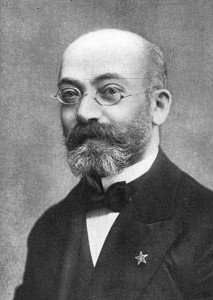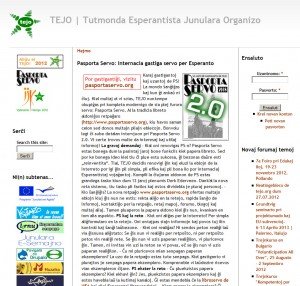We all know environment plays a part in how we behave, but how does our mother tongue affect our attitude towards money? New research claims the language we speak affects our saving habits. This article gives a summary of the differences between Chinese and English in a financial context.
Futureless language
Keith Chen, a professor at Yale’s School of Management, made the connection between language and behavioral finance at TEDGlobal 2012. The economist argued if you speak about the present and future in the same way, it encourages you to be equally interested in your finances now and then.
In Chinese, you can say: “yesterday it rain, today it rain, tomorrow it rain.” However, in English you would divide up time by saying: “it rained yesterday, it is raining now, it will rain tomorrow.” Chen’s research showed that futureless language speakers like the Chinese, who don’t distinguish between present and future actions, were the best savers in the world.
Becoming better savers
Chen tried to eliminate all other factors to prove his point about the psychological effect of language on financial behavior. He compared almost identical family units in countries including Switzerland where the main difference was the language spoken.
He found that those who spoke futureless languages were 30 per cent more likely to have saved money that year, with 25 per cent more in retirement savings. It would seem, then, that courses in futureless languages such as Chinese could help learners save money as the grammar encourages an empathy with one’s future self.
Learning a language to change your outlook
This research shows that certain languages have an affinity with particular psychological approaches to life. When you’re a student of new languages you will find they all have their own nuances and specialist vocabularies, whether you’re learning Chinese or English.
Schools such as Malvern House offer courses that focus on these different aspects of languages. For example, you can focus on business English or exam English, depending on the direction you want your life to take. To find out more about such specialist courses, visit this page.










